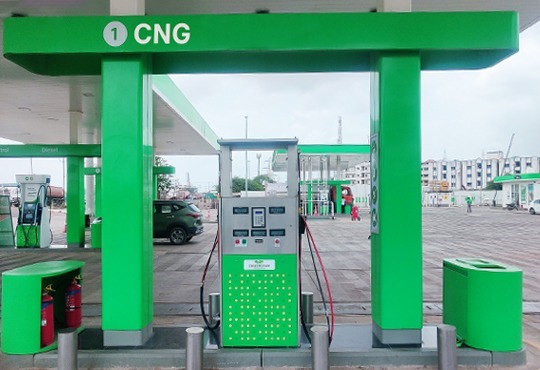Nigerian education technology company, ExcelMind, has called for increased adoption of digital tools to revolutionise classrooms across the country, noting that technology can drive significant cost savings while improving student’s performance.
Speaking via a recent company statement, ExcelMind emphasised that leveraging educational technology is crucial for enhancing teaching methods, improving learning outcomes and helping schools reduce operational costs while overcoming infrastructural challenges.
“Digital classrooms in Nigeria represent more than just a technological upgrade, they constitute a fundamental shift that improves school competitiveness and operational efficiency.”
According to its research, schools implementing integrated digital platforms report average annual savings of ₦3.2 million through reduced paper usage, automated fee collection systems, and streamlined administrative processes. Citing a secondary school in Abuja that reduced administrative overhead by 45 per cent after adopting digital attendance tracking and automated payment systems; they noted that schools utilising these solutions have also recorded 23 per cent higher enrollment rates, with parents increasingly viewing technology adoption as an indicator of quality education.
“Digital platforms don’t just modernise classrooms; they address long-standing inefficiencies in school operations. Schools can reduce yearly operational expenses by up to 60 per cent and redirect those funds toward teacher training and infrastructure development.”
They pointed out that their solutions are specifically designed for Nigeria’s unique challenges, incorporating offline content access capabilities, solar backup systems and bandwidth optimisation features to accommodate areas with limited connectivity.
They further highlighted the importance of learning analytics, revealing that students demonstrate 34 per cent better performance in mathematics when using visual learning aids, while predictive analytics tools enable teachers identify and support struggling students earlier in the learning process.
“Digital transformation isn’t merely about introducing gadgets; it’s about leveraging data to understand how students learn most effectively,” they explained.
With teacher preparation remaining crucial to a successful implementation, ExcelMind recommends three to six months of comprehensive training coupled with ongoing mentorship for educators.
Schools that have fully integrated digital systems report 40–60 per cent improvements in standardised test scores, particularly in science and mathematics. Additionally, reading comprehension rates and course completion statistics have increased by 25 per cent in institutions using interactive learning tools.
The platform integrates lesson planning, grading and parent communication systems, reducing administrative time by 50 per cent, while improving parent satisfaction ratings by 30 per cent. ExcelMind maintains robust security protocols, including data encryption and regular security audits.
Looking to the future, ExcelMind projects continued growth in AI-driven personalised learning and virtual reality applications, predicting that schools investing in digital infrastructure today will lead tomorrow’s educational trends.
“The emergence of digital classrooms represents both a technological advancement and an economic opportunity for Nigerian education,” the company concluded.






